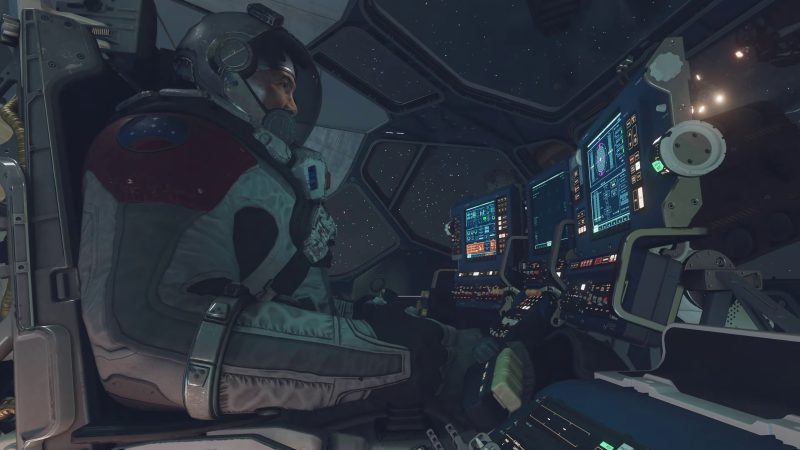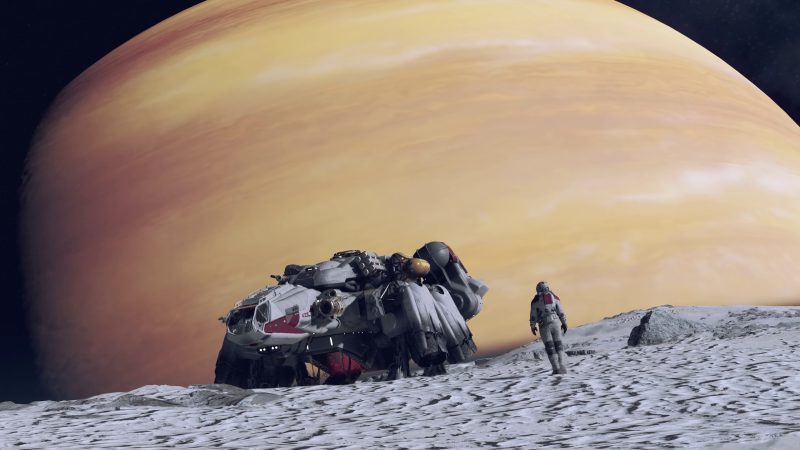In a digital age characterized by instant gratification and an insatiable appetite for information, video game leaks have become an all-too-common phenomenon. When Starfield, a highly-anticipated title from Bethesda, found itself at the center of a storm following an unexpected leak, many fans and insiders were left wondering: At what cost does one gain online clout?
The gaming community had long been on the edge of their seats for Starfield. In an age where leaks are as inevitable as the sunrise, Bethesda took preemptive steps. Distributing review copies well in advance of the official release early next month was a calculated move. It not only allowed reviewers ample time to evaluate the game, but it also minimized the chances of premature disclosures. That said, even with stringent embargo terms - prohibiting sharing of impressions or screenshots before August 31 at 12 ET - the game wasn't immune to leaks, prompting reactions from the gaming community and a certain Bethesda executive.
Tyler McVicker recently found himself at the epicenter of this debacle. While his intentions might have been benign - simply sharing positive impressions - he inadvertently set off a cascade of consequences. Given the strictly bound terms of NDAs (Non-Disclosure Agreements), he may have alienated future opportunities for obtaining review copies not only from Bethesda Game Studios but also from Microsoft and potentially other major studios. Burning such crucial bridges in the industry can be a severe setback for content creators.


